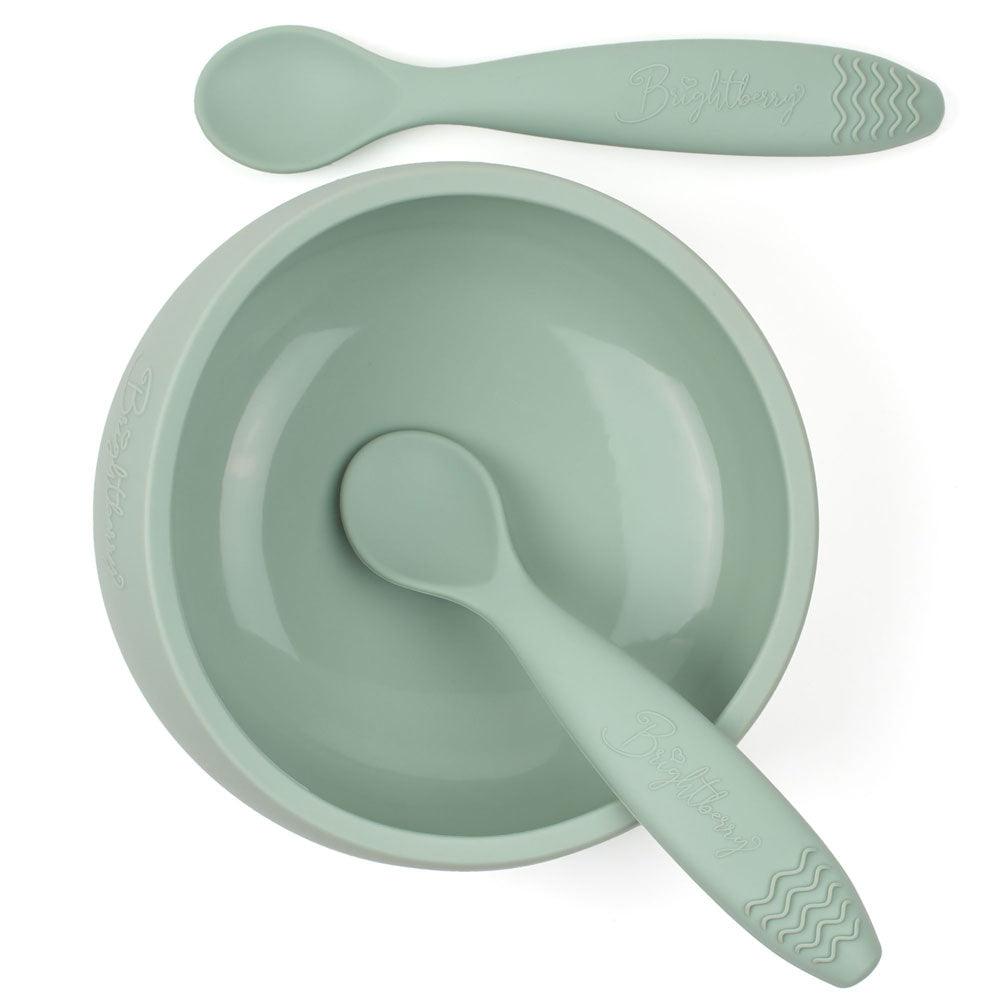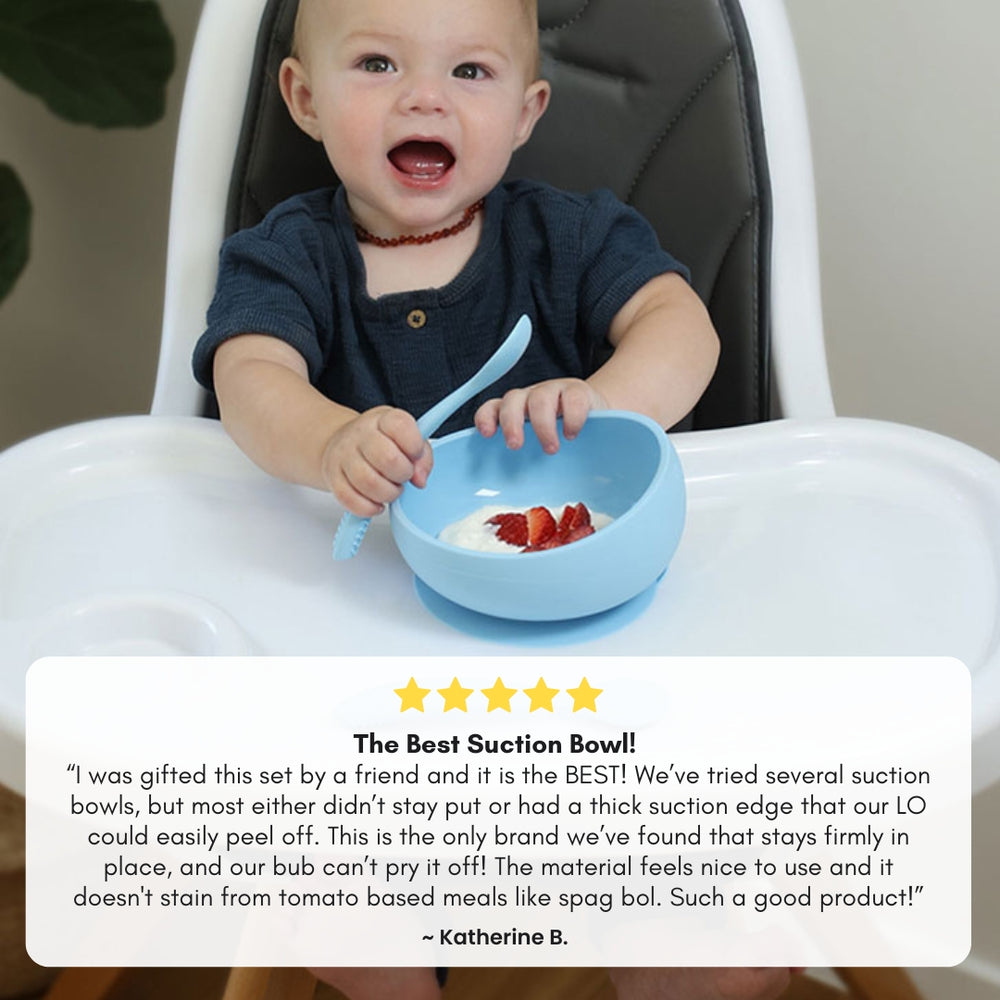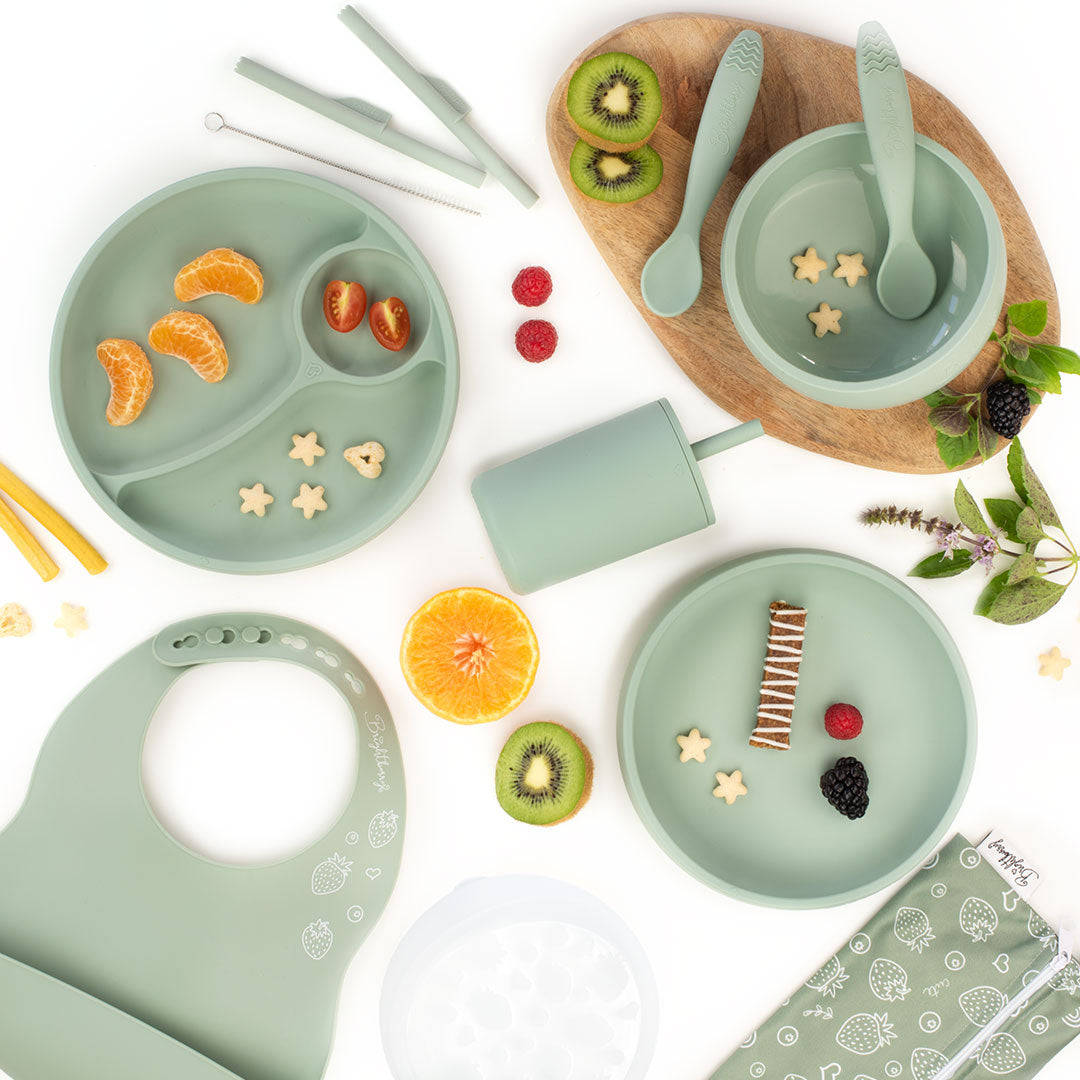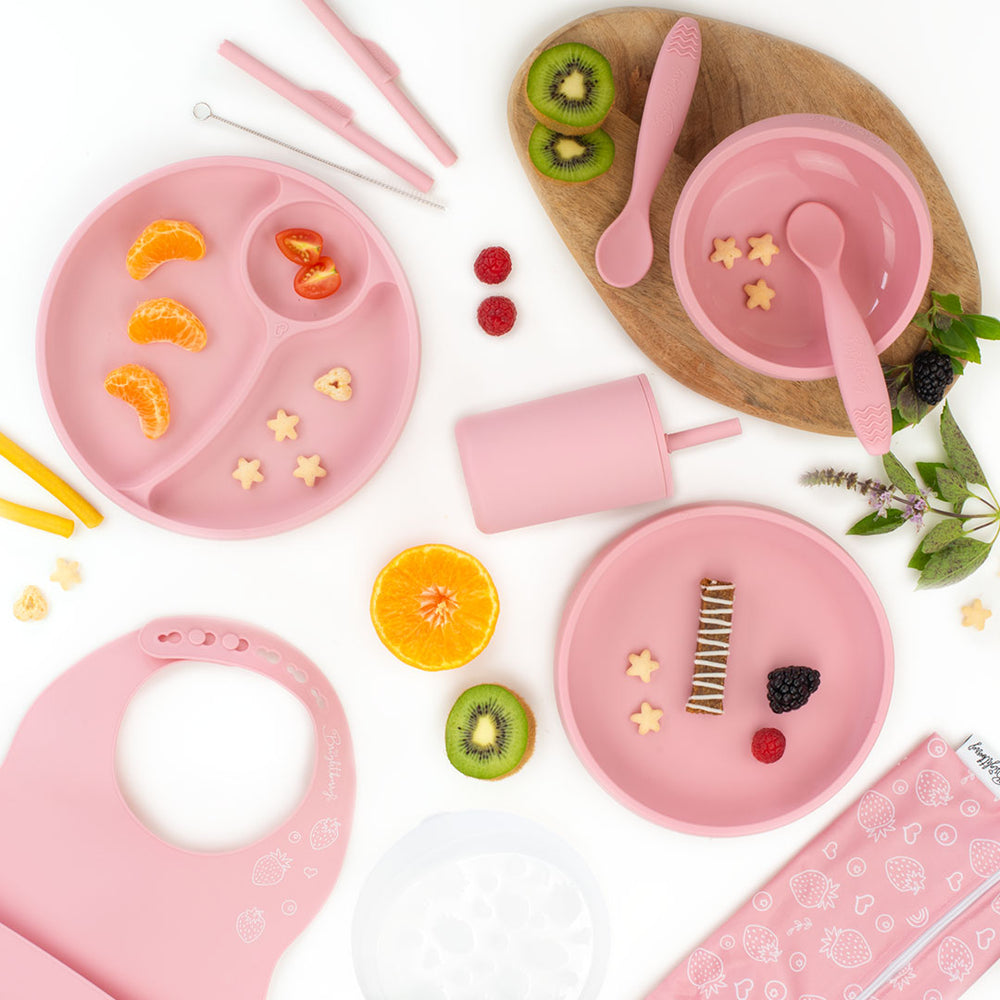Is Silicone Safe for Babies? Why It’s Better Than Plastic
Is silicone actually safer than plastic? What does "food grade" really mean? And why won’t some suction bowls stick?
If you're asking these questions, you're not alone. In this guide, we break down the facts about silicone vs plastic for babies and what to look for when choosing safe, durable feeding products.
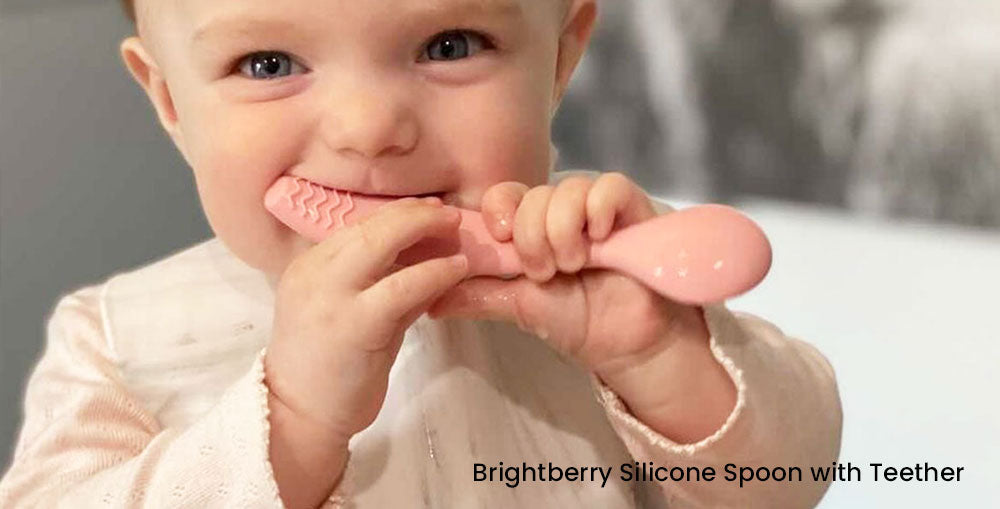
Quick Answers to Common Questions
✅ Yes! LFGB platinum silicone is 100% non-toxic, BPA-free, and free from harmful plastics. It doesn’t leach chemicals, even when heated.
Is silicone better than plastic for babies?
✅ Absolutely! Unlike plastic, silicone is durable, heat-resistant, and does not release microplastics. It’s safer for babies and better for the environment.
Are silicone baby bottles better than plastic?
✅ Yes, because silicone bottles do not degrade over time or release toxins, making them a safer choice for feeding your baby
The Risks of Plastic Baby Products
Hidden Dangers of Plastic
🚨 Chemical Concerns: Plastic has long been famous for its affordability and convenience for baby products. However, traditional plastic baby products often contain chemicals like BPA, phthalates, and PVC, which can leach into food when exposed to heat. Even BPA-free plastics may contain harmful substitutes like BPS or melamine.
🚨 Microplastic Exposure: Research shows that plastic baby bottles and utensils shed microplastics into food, which can harm developing babies. These tiny particles can accumulate in the body, potentially leading to health issues such as inflammation or developmental problems.
🚨 Heat Sensitivity: Repeated exposure to high temperatures, such as in microwaves or dishwashers, can cause plastic to warp and degrade, potentially releasing toxins into your child's food. This alone makes plastic an unreliable choice for baby feeding products.
Why Silicone is Safer for Babies: 3 Key Reasons
1️⃣ 100% Non-Toxic & BPA-Free
Unlike plastic, LFGB platinum silicone is chemically stable, even at high heat. It does not leach toxins into food or drinks. It is completely free from BPA, phthalates, and PVC. This makes it a safer choice for baby products.
Is silicone BPA free? Yes, LFGB silicone is certified BPA-free and safe for daily baby use.
2️⃣ Heat & Temperature Resistant
- LFGB Silicone withstands -40°C to 200°C without degrading.
- Microwave, oven, dishwasher, and freezer safe.
- Unlike plastic, silicone bowls and plates do not break down or release harmful chemicals when exposed to heat.
💡Studies confirm that silicone maintains its integrity across extreme temperatures, unlike plastic, which can warp and release harmful substances when heated. That’s why it's trusted in medical and food-grade applications.
3️⃣ Durable & Long-Lasting
- Scratch-resistant, meaning no bacteria buildup in cracks.
- Does not break down into microplastics over time.
- Saves parents money since it lasts much longer than plastic.
💡Research indicates that children ingest millions of microplastic particles annually through plastic products like bottles and utensils. Switching to silicone reduces waste and long-term exposure to harmful plastic particles.
🌱 Eco-Friendly Choice
Plastic products contribute to landfill waste and ocean pollution. Silicone, on the other hand, is long-lasting and more sustainable.
Why Do Suction Bowls Stop Sticking?
Even the best suction bowls can lose their grip if the surface isn’t right.
Here’s why:
✘ Wood, textured, or scratched highchair trays don’t allow a proper seal
✘ Dust, crumbs, or soap residue interfere with suction
✘ Some silicone bowls use too-stiff suction bases that don’t flex properly
✅ That’s why we created the Brightberry Suction Sticker: a smooth, removable surface that gives your bowl something to actually grip. It works like magic (and saves your floor… and your patience).
Plastic vs. LFGB Platinum Silicone: A Side-by-Side Comparison
| Feature | Plastic | LFGB Platinum Silicone |
|---|---|---|
| Toxin-free? | ❌ No | ✅ Yes |
| Dishwasher safe? | ❌ Degrades over time | ✅ Stays intact |
| Leach microplastics? | ❌ Yes | ✅ No |
| Durable? | ❌ Scratches, cracks | ✅ Long-lasting |
| Safe for microwaves? | ❌ No | ✅ Yes |
Choosing the Right Silicone Baby Products
Not all silicone is created equal. Look for LFGB platinum silicone — it’s the highest safety standard. Many cheap options contain fillers that reduce safety and durability.
What to look for:
✔ 100% LFGB platinum silicone (highest safety standard)
✔ Soft and flexible
✔ No chemical smell or residue
✔ Easy to clean, dishwasher safe
Explore Our Best-Selling LFGB Platinum Silicone Baby Products
FAQs: What Parents Ask About Silicone & Plastic
Is silicone better for babies than plastic?
Yes. It’s non-toxic, heat-resistant, and doesn’t degrade or leach.
Are silicone baby cups and bottles safer?
Yes, because they’re soft, flexible, and don’t release harmful chemicals like plastic.
Can babies chew on silicone?
Absolutely. Silicone is a great teething material — soft, safe, and chemical-free.
Why won’t my suction bowl stick?
It’s likely your surface is textured or uneven. Try applying a Suction Sticker to create a grip-friendly zone.
Are all silicone spoons safe?
No. Only high-grade silicone (like LFGB) is tested to be truly safe for babies.
Is silicone plastic?
Silicone is a synthetic material made from sand and oxygen — it’s not technically plastic, but many people ask this. LFGB silicone is tested to be safer than traditional plastics.
Is silicone safe to drink from or eat with?
Yes! It’s commonly used in medical-grade tubing, baby bottles, and food-safe kitchenware.
Is silicone bad for babies?
No, high-quality silicone is not harmful. Just avoid cheap silicone with fillers.
Final Thoughts: Choose Safety with LFGB Platinum Silicone
When it comes to your baby’s health, plastic just isn’t worth the risk.
✅ 100% Non-Toxic & BPA-Free
✅ No Microplastics
✅ Durable & Heat Safe
✅ Loved by Parents & Paediatricians
Shop Brightberry LFGB Platinum Silicone Baby Tableware








